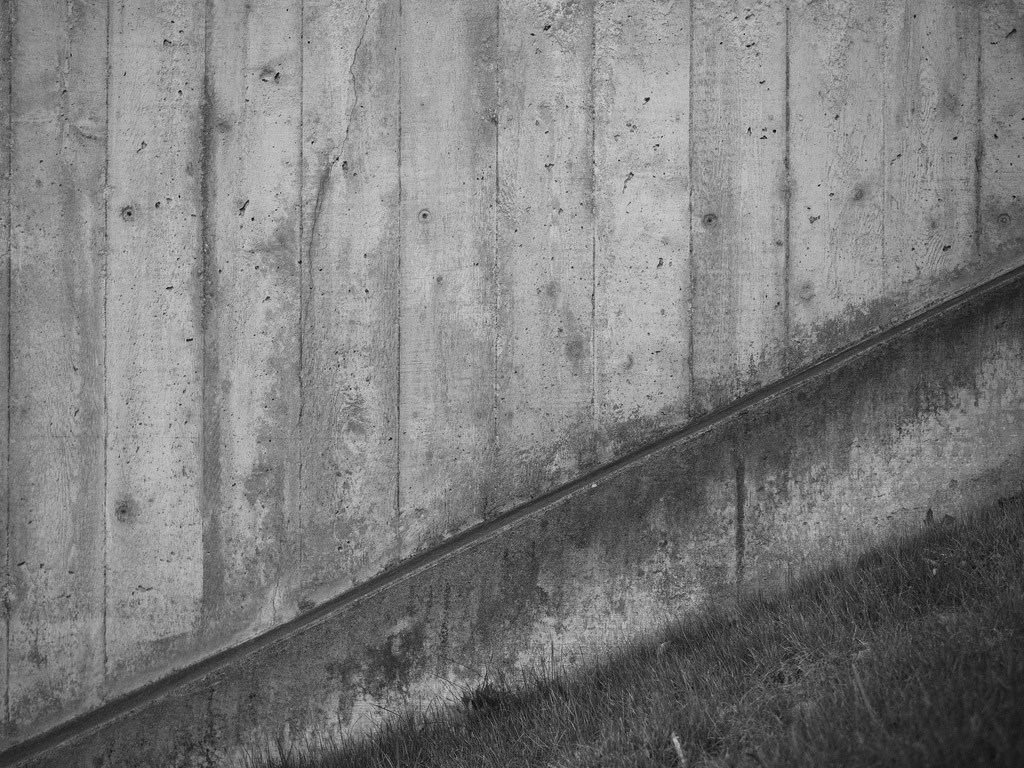Wall of shame
It’s been called the ‘Great Wall of Calais’. The huge barrier being built to keep people out of the UK is a potent symbol of populist feeling, argues Jeremy Anselmo in the latest in our series on the refugee crisis. Work...
It’s been called the ‘Great Wall of Calais’. The huge barrier being built to keep people out of the UK is a potent symbol of populist feeling, argues Jeremy Anselmo in the latest in our series on the refugee crisis.
Work began this month in Calais to build the £1.9m wall designed to prevent some 9,000 asylum seekers and migrants living in the Calais ‘jungle’ from crossing the Channel. The wall, funded by British taxpayers, will be 1km long and 4m high and will be erected along the dual carriageway separating the ‘jungle’ from the motorway and the port. According to the Pas-de-Calais prefecture, construction work will be finished by the end of the year.
Analysts and charity representatives agree that the wall will not prevent migrants from reaching UK soil. According to French geographer and researcher Olivier Clochard, it will instead “make immigrants undertake much more difficult and dangerous journeys, leading to a more significant death toll” In fact, even the original instigator of the project, Calais Mayor Natacha Bouchart from the centre-right Les Républicains party, said earlier this month that “this construction was no longer meant to happen”. One might wonder then how such an irrational measure, which is widely expected not to work, has been agreed upon and implemented?
Many see the decision to build the wall as purely a populist gesture born out of – and fuelling – anti-immigration sentiment in the UK. And certainly there were echoes of Donald Trump when immigration minister Robert Goodwill told the Home Affairs committee: “We’ve done the fence. Now we’re doing the wall” – without explaining how it would be more efficient than the previous control system. We know there have been some alarming signs of an increasing anti-immigration feeling in the UK as well as a desire to close borders to refugees. We also know that the Brexit vote result unleashed a wave of reported xenophobic crimes and a perceived legitimising of racist discourse both in the streets and on social media. Now the new wall plays to some of this demand to decrease immigration at all costs, without looking at the real consequences for the UK economy, society and politics.
Across the world, immigrants have been repeatedly blamed for problems including declining economies, overpopulation, increased violence, disproportionate use of medical or educational resources, erosion of cultural values, and terrorism. They are all too often portrayed in the mass media as criminal, poor, violent, and uneducated. The Brexit campaign focused heavily on the idea that immigration is supposedly “out of control” and the idea wasn’t sufficiently challenged by the Remain camp. Much more could have been said about the UK’s reliance on immigration in key sectors like the NHS, the catering industry or cleaning and housekeeping positions, as well as the amount paid by foreign workers in tax. The anti-immigration discourse continued after 24 June with Theresa May repeating that leaving the European Union “must mean controls on the numbers of people who come to Britain” and that “there would have to be restrictions on immigration”. The rhetoric fed and reinforced a popular sentiment among some of the UK public that immigration is both out of control and absolutely harmful.
Foreigners are often targeted as convenient scapegoats during tough economic and cultural transitions. Blaming immigrants for society’s ills is a cheap simplification too often made both by politicians facing a difficult political situation and members of the public who might be tempted to legitimise this sentiment because they fear their political influence is diminishing as the number of immigrants rises. The “migrant crisis” that began in 2015 was omnipresent in the media with our televisions and newspapers flooded with pictures of tens of thousands of immigrants and refugees fleeing their country in search of a better life, many of them dying on the journey. These images of course misrepresented the real impact immigrants might have on host countries. Feelings of compassion quickly turned into feelings of fear and hatred. Newcomers were increasingly perceived as a threat whether because of economic insecurity or cultural difference, as freeloaders rather than victims.
And despite all of the rhetoric, nothing suggests that the Calais wall will deter would-be immigrants. All it will do is stand as a symbol of the dehumanisation of immigrants, the expression of our government’s inability to address migration policy, and the most obvious sign of absurd and populist measures which only serve society’s basest instincts. The wall offers a vulgar illusion of increased security which, instead, puts the men, women and children living in the Calais shanty town at greater risk. It can only worsen social cohesion in the UK and further divide the population. In a world where borders are increasingly blurred, a wall becomes a compelling device for intellectual enclosure and cultural fracture.
Image: Blake Burkhart

